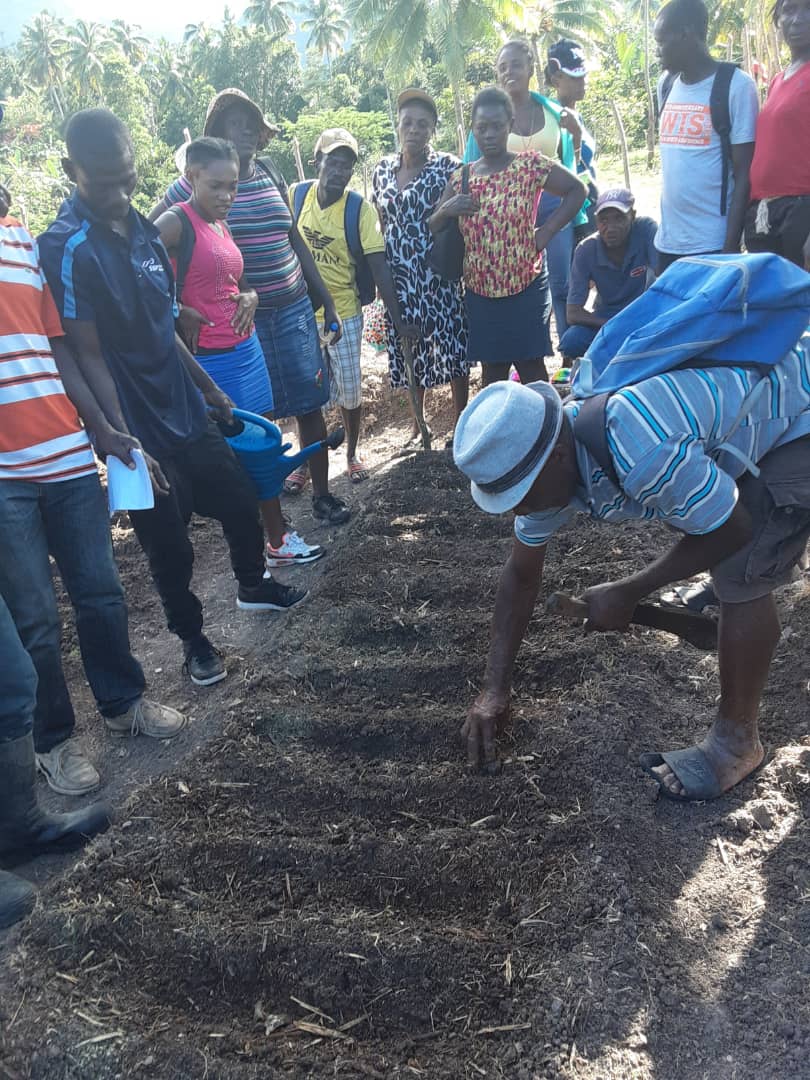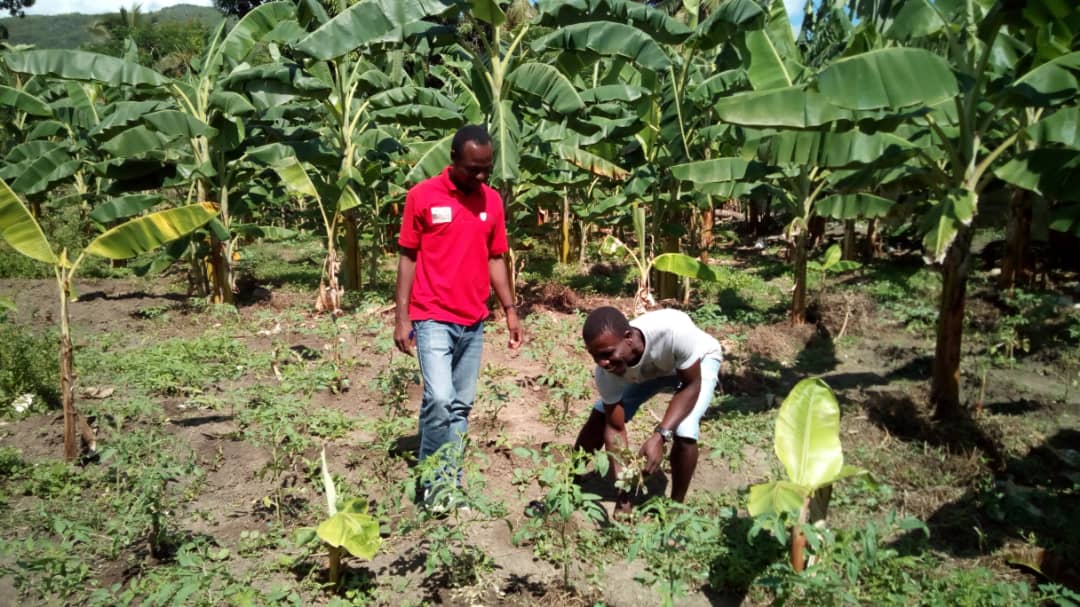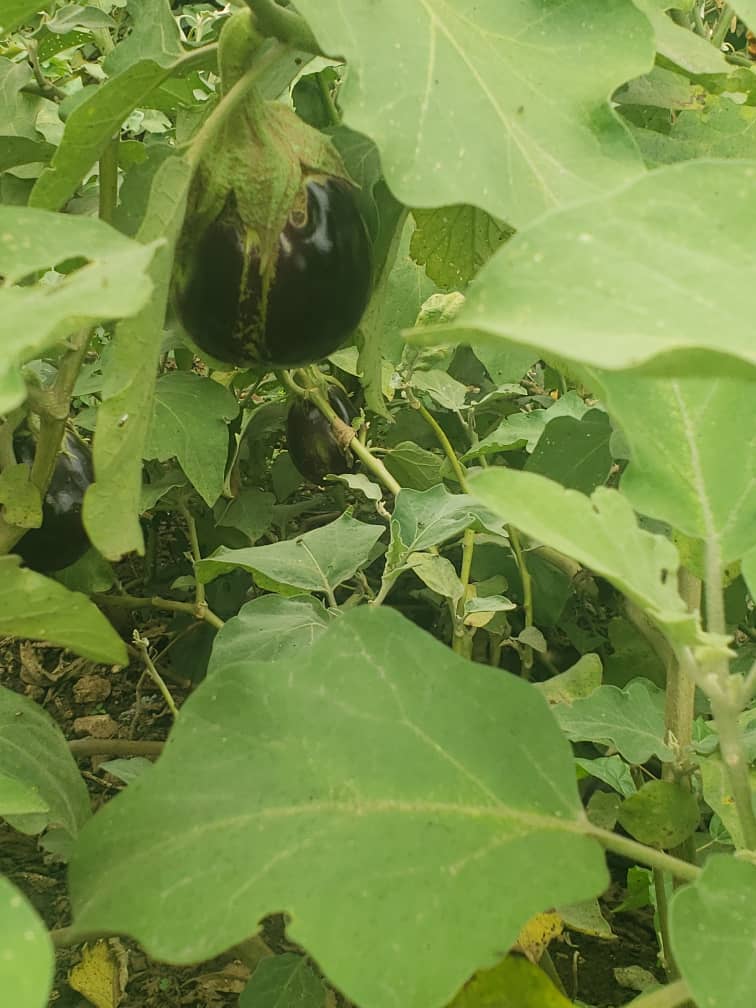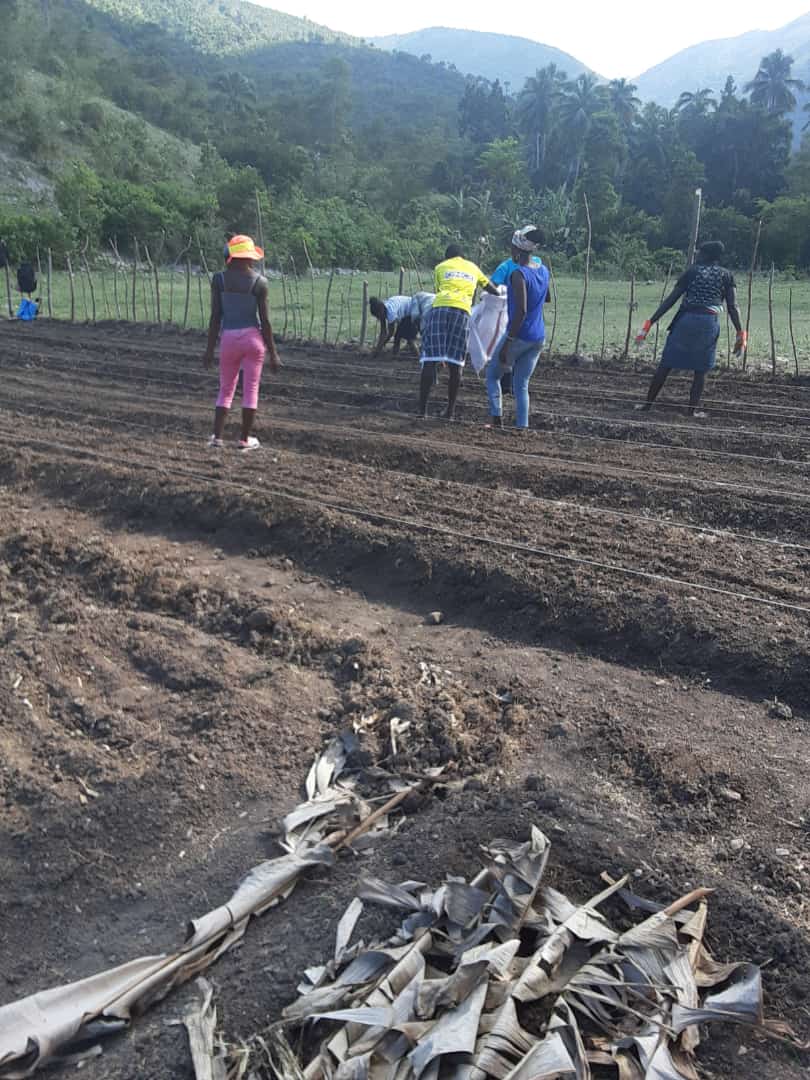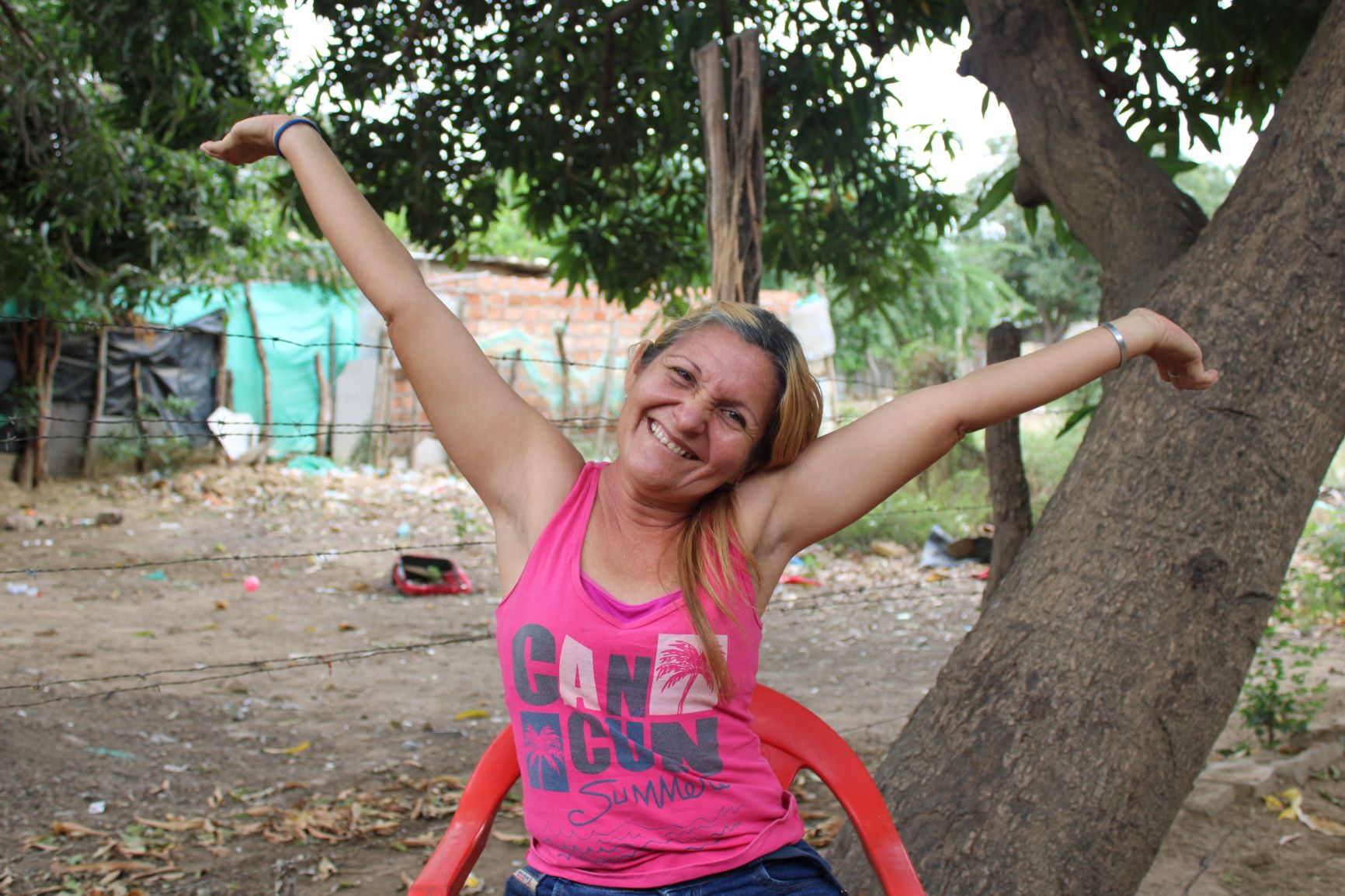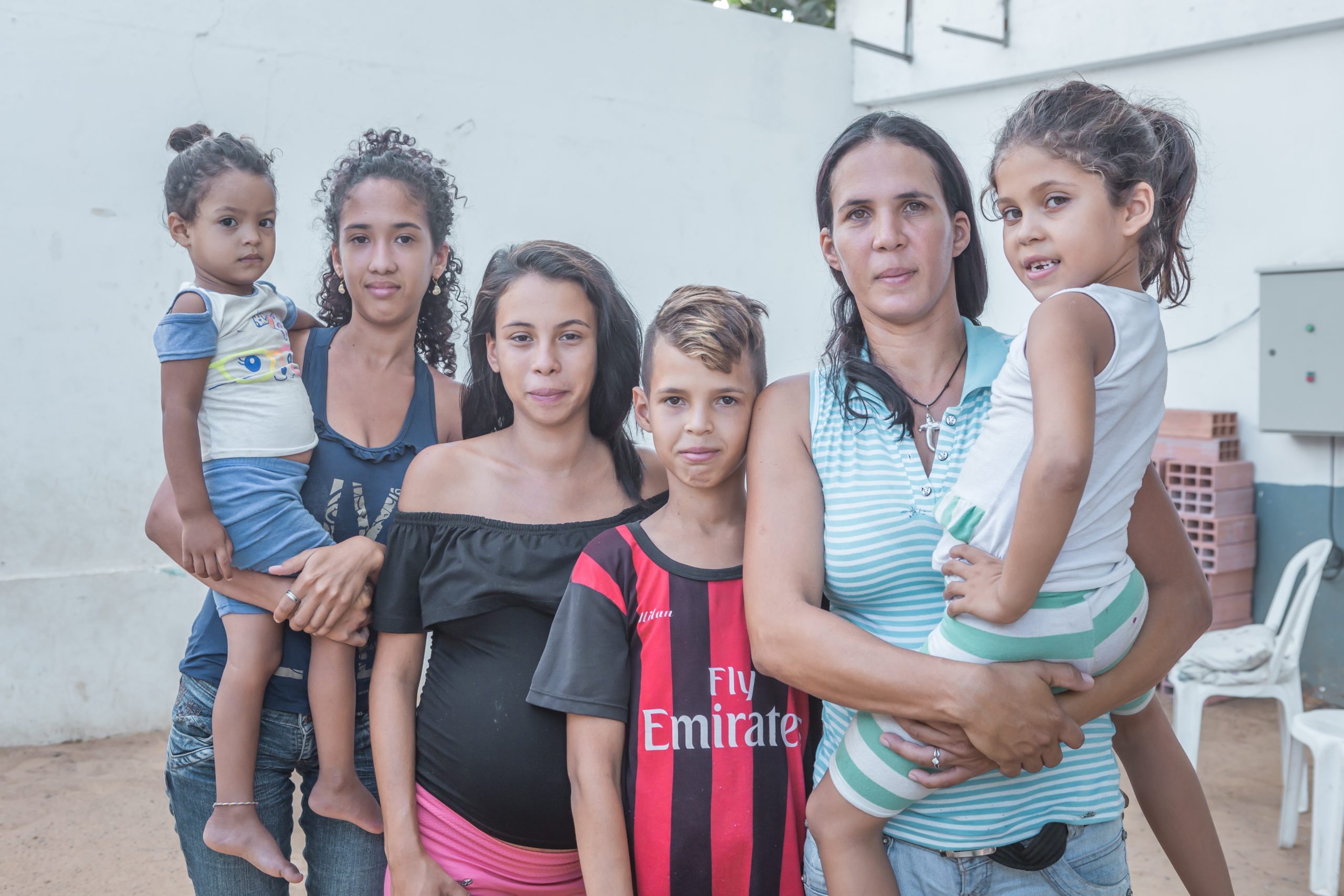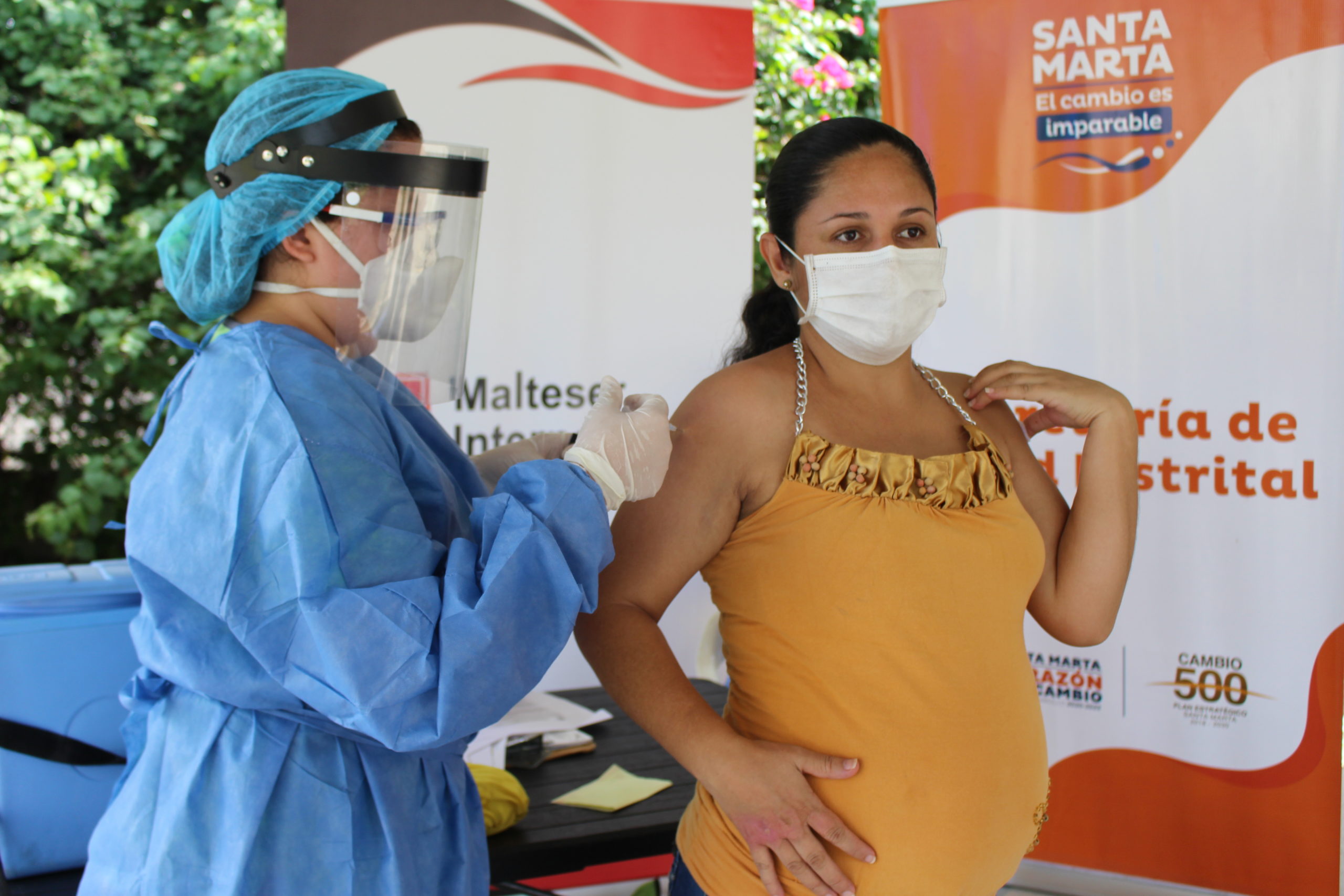Americas
Caribbean
Haiti: Training Farmers to Fight Rural Hunger
Food insecurity in Haiti’s rural areas is an overlooked tragedy. The sad reality is that farmer themselves often go hungry. The country’s chronic battle against environmental disasters like Hurricane Matthew and 2010’s horrific earthquake, weakened the country’s food supply chain. More recently, the political instability has meant a significant loss of income for farming families. In response, we have adapted our food security programs to meet the needs of rural Haiti.
In the department of Nippes, we’re providing innovative peer farm trainings to vulnerable communities. With the support of our local partner, these field activities provide valuable trainings to farmer and women’s organizations to increase their incomes by enhancing farming techniques and productivity in a sustainable way.
In the municipalities of Petit Trou and Baradères (in Nippes), one of the main challenges is accessing the seeds needed for the crops they harvest. These trainings have focused on techniques to sustainably source and produce crops ranging from plantain, cassava, corn, beans, and sweet potatoes to leafy greens such as callaloo, spinach, swiss chard, as well as eggplant, and tomatoes.
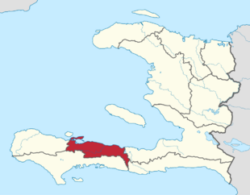
Fundamentally, the farmers lack of access to water, irrigation systems, financial and technical support and transportation, making them particularly vulnerable to cycles of food insecurity and hunger.
While their isolation from city centers shelters them from the gang-related violence that has overtaken the capital Port-au-Prince, it also isolates them from the markets where they could sell their harvests.
Through these trainings peer trainings, where farmers are sharing their expertise, our goal is that each participant will share the newfound knowledge with their respective communities. This will better prepare them to manage inevitable challenges of plagues, drought and other environmental disasters. We have learned that the best projects start from the bottom-up, and these peer-to-peer trainings are just the latest example of our commitment to this core principle.
